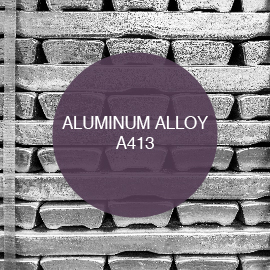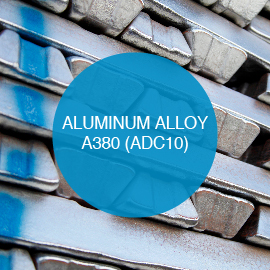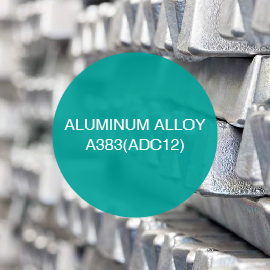Aluminum Grade 1xxx Series Alloys
The 1xxx series falls under the wrought aluminum alloy designation by the Aluminum Association Inc. Grade 1xxx has a minimum of 99% p ure aluminum with no significant alloying elements. It’s also known as the ‘non-heat treatable’ and ‘unalloyed’ aluminum alloy.
Aluminum 1xxx Alloy Characteristic
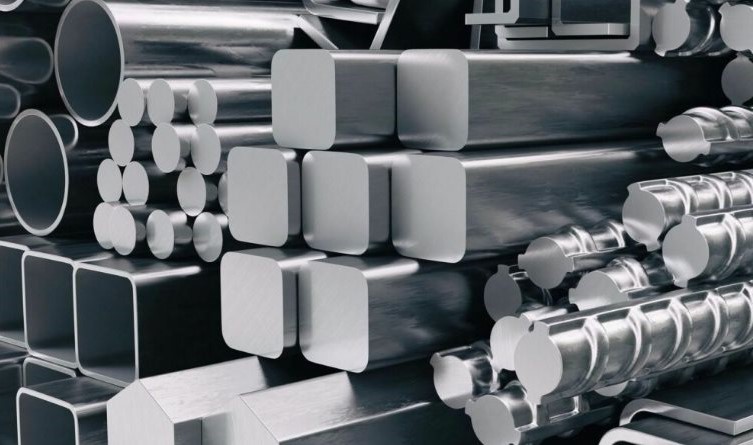
Special refining and smelting technology is used to produce extremely pure 1xxx alloys. Iron and Silicone in bauxite are intentionally controlled through a modified technique to dominate the alloy properties.
Some of the key characteristics of the designated 1xxx aluminum alloys are –
- Superior corrosion resistance
- Non-heat treatable; no response to heating methods.
- Soft and ductile, having excellent workability
- High electrical and thermal conductivity
- Slow hardening during forming for good formability
- Poor mechanical properties
- High weldability among aluminum alloys
However, a moderate increase in mechanical strength is possible through strain hardening (cold work).
Also, Friction Stir Welding of the alloy is possible for joining separate sheets of metal.
Common Aluminum Grade 1xxx Alloys
Most popular 1xxx aluminum alloys in the market lists –
- Grade 1050 (99.50% Al)
- Grade 1060 (99.60% Al)
- Grade 1100 (99.00% Al)
- Grade 1145 (99.45% Al)
- Grade 1200 (99.00% Al)
- Grade 1230 (99.30% Al)
- Grade 1350 (99.50% Al)
The last two digits of 1xxx alloys represent the purity of the metal, ranging from 99.0% to 99.99%. It expresses the last two digits after the decimal point after adjusting the purity to the nearest 0.01%. The second digit denotes modifications in the impurity limits. The second digit, being zero, refers to the aluminum having natural impurities.
If the second digit is non-zero (1 – 9), it indicates alloying elements or individual impurities. Some common metals can be found present as impurities in the alloy series. Iron (Fe) and Silicone (Si) are the major impurities, whereas Copper (Cu), Magnesium (Mg), Zinc (Zn), Manganese (Mn), and Titanium (Ti) are minor.
Applications for Aluminum 1xxx Series Alloys
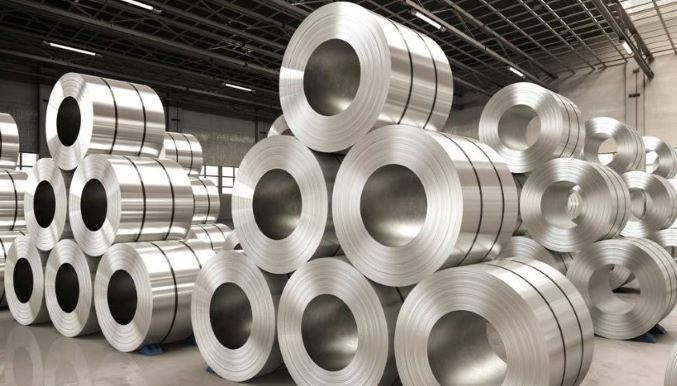
1xxx wrought aluminum alloys are seldom considered for heavy uses like structural applications due to their softness and ductility. They are primarily used for sheet metal work and are available in different forms like – bar, billet, coil, pipe, plate, tube, and wire.
Additional forms may include – extrusions, forging, ingot, rod, shate (sheet + plate), sheet, or strip. However, wrought aluminum alloys like the 1xxx series are not suitable for die casting.
Welding
These base alloys have excellent weldability against the narrow melting range. Still, special attention should be given to designing the welding procedure. Depending on the requirements, compatible filler materials or 4xxx wrought aluminum alloy may be required for welding.
Electrical Equipment
High electrical conductivity makes the alloy suitable for electrical conductors, wires, and foils. Reflectors, capacitors, and transformer strip production also use these alloys. Some applications concern bus bars or conductors for the alloys’ high thermal and electrical conductivity.
Industrial Plants
Fabrication of the 1xxx alloys takes its superior workability and formability into account. The excellent corrosion resistance of the alloy series makes it ideal for chemical processing equipment. Making specialized chemical piping and tanks can also benefit from its use.
Which Wrought Aluminum Alloys are the Best for Your Project?
More than 400 wrought aluminum alloys are currently registered at the Aluminum Association. So, it can be a challenging task to figure out the right alloy for your project. If you’re having trouble choosing the right wrought aluminum alloy, feel free to contact us anytime. We’re a leading aluminum die-casting and CNC machining manufacturer in China with 10+ years of experience in the industry.



